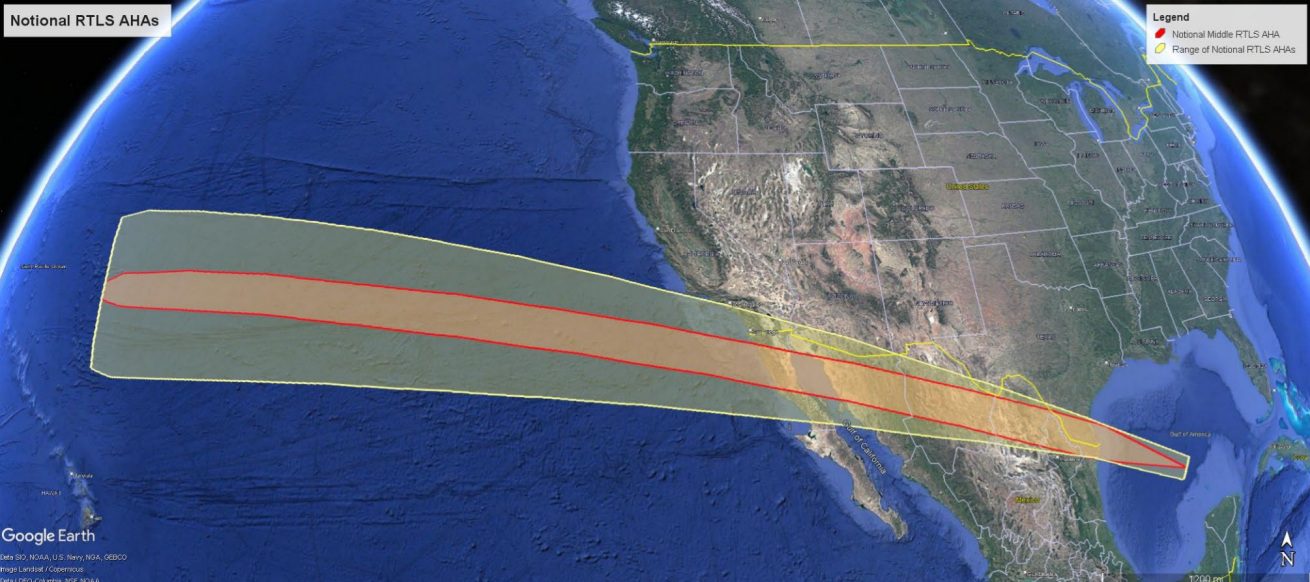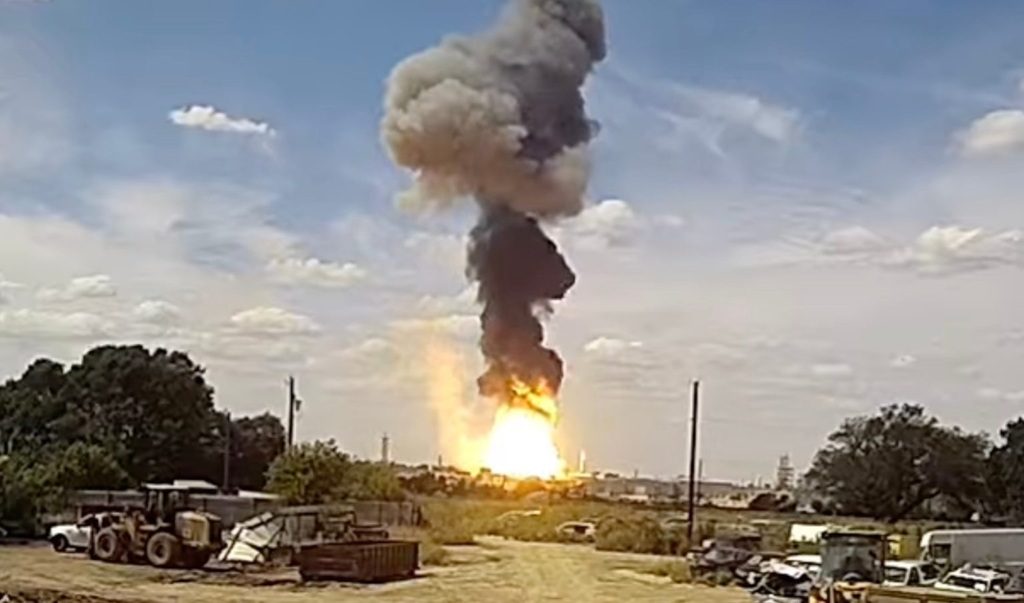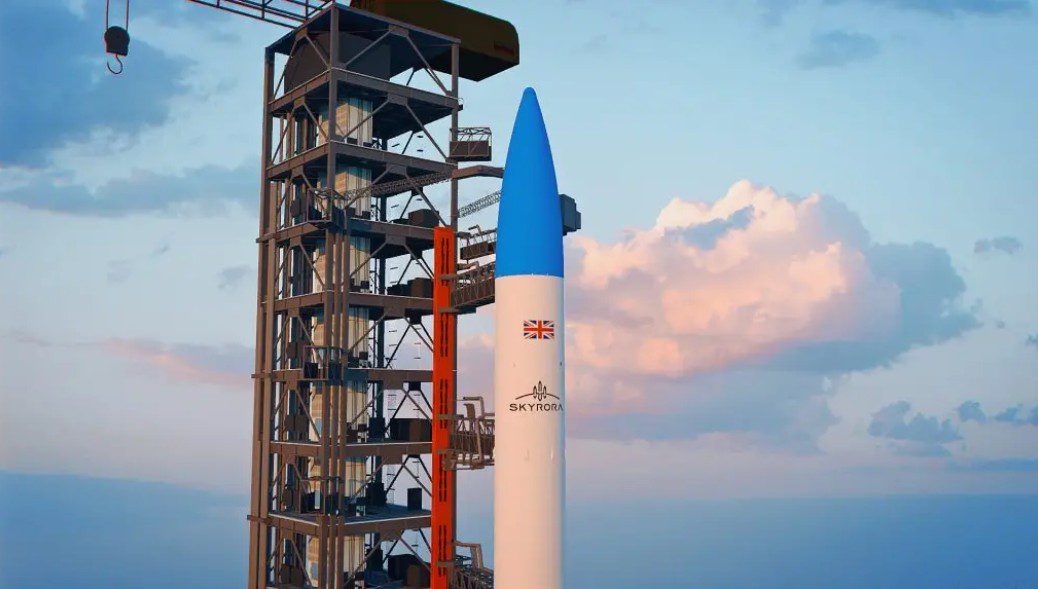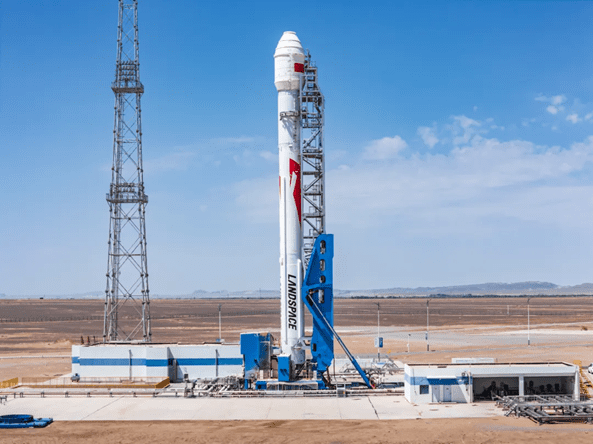Firefly Aerospace has revealed the cause of the launch failure of its Alpha rocket that took place four months ago. On its sixth launch, Alpha lifted off from the Vandenberg launch site in California, at 1337 GMT on 28 April.

Firefly Alpha upper stage engine comparison of ‘nozzle-less’ sixth flight (left) to healthy nozzle on fifth flight (right). Courtesy: Firefly Aerospace via X/Scott Manley
At first all seemed to go well with the first stage burning as predicted. However, immediately after the first–stage separated from the second–stage, the former exploded/ruptured.
Despite the explosion, the second–stage continued flying, although it was consequently missing its Lightning engine nozzle extension. Nevertheless, after a brief post–explosion wobble, the second stage, carrying Lockheed Martin’s LM400 satellite bus for a tech demo, recovered attitude control. However, it did not achieve orbital velocity due to a thrust that was lower than expected. Instead, the spacecraft was released into a suborbital trajectory. Having reached an altitude of 320 km, it (and the remaining rocket assembly) re-entered over the Pacific Ocean with surviving debris falling near Antarctica.
The subsequent technical investigation found that plume-induced flow separation (the rocket engine’s expanding plume pushed against the surrounding airflow) caused the boundary layer of air along the surface of the vehicle to separate), resulted in aerodynamic heating of the rocket’s surface. This excessive heating triggered the first-stage explosion. This effect was exacerbated by the rocket flying at a higher angle of attack than usual. The reason why this higher angle of attack – the angle of the body relative to the incident airflow – was flown has not been revealed. The company plans to increase heat shielding on the first–stage of the rocket and fly reduced angles of attack on future missions.
According to the Slingshot Aerospace Seradata database, the Firefly Alpha rocket had previously suffered a total launch failure on its maiden flight, involving a propellant valve induced engine shutdown. It was struck by a partial failure involving an inaccurate launch on its second flight.
Firefly Aerospace made an Initial Public Offering (IPO) of its shares on 8 August. The share price initially rose US$15 from its IPO price of US$45, before settling back down to close to where it started from. If it can demonstrate a good launch service, this may rise again. In a densely crowded market, Firefly Aerospace will stand or fall on whether it can launch its rockets reliably and cost effectively.







